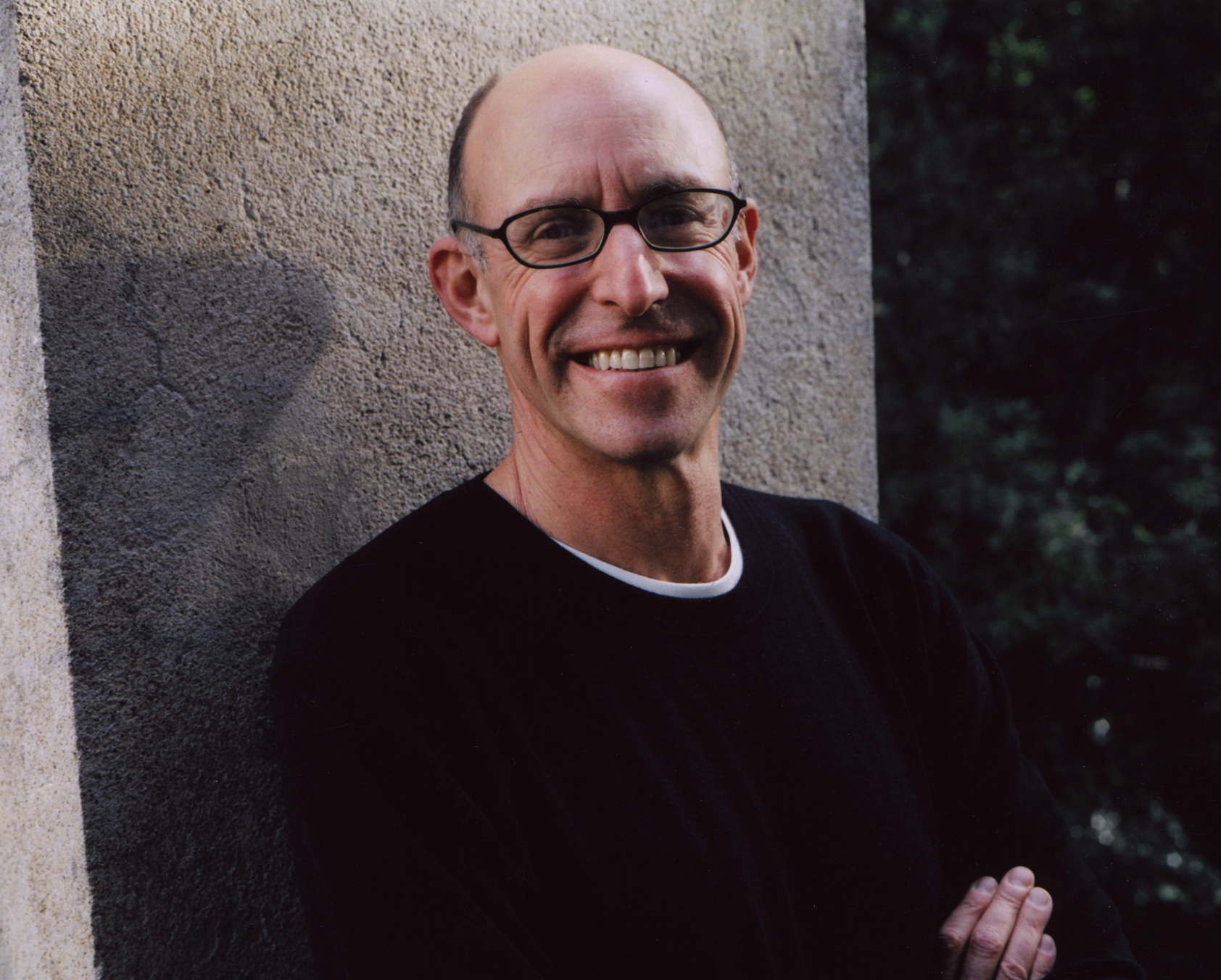
“ We want to get out of ourselves as much as we’re obsessed with ourselves.”
Psychedelics:
Dissolve your ego
Bring you closer to the scientific world
Could (theoretically) be a tool to enforce conformity
Michael Pollan’s ongoing project is to narrow the ever-growing chasm between man and nature. In pursuit of this, Pollan has wrangled cattle, constructed from start to finish his own Thoreauvian cabin, and prepared a meal only from livestock he reared, and ingredients he hunted and gathered. However grand these undertakings may appear, they’re framed by a perspective that is anything but.
In his last book, How to Change Your Mind: What the New Science of Psychedelics Teaches Us, Pollan sets upon traveling to a mystical world that reflects our material one. He canvases the neuroscience of consciousness, history of spirituality, and potential for psychedelics to revolutionize mental healthcare. How to Change Your Mind not only trespasses taboo, but makes a reasoned case against the taboo it trespasses. Psychedelics offer a temporary ability to exist without the constraints of ego and pretense, and to observe, as Polan puts it, our fundamental connectedness. The book asserts that psychedelics have real potential to serve as conduit between us and our environment.
I met Mr. Pollan at the Hourly Oyster House on Harvard Square, in Cambridge. On our table were curried mussels, baguettes, and an illustrious Banker’s Lunch.
— Prashanth Ramakrishna
I. Dissolving The Ego
THE BELIEVER: I’ll begin where we ended off record: is it possible to untangle the language of mysticism and the supernatural from the transcendent experiences that psychedelics induce?
MICHAEL POLLAN: Well, if you look at the definition of mystical experience that scientists use—a list of characteristics that I don’t have at my fingertips, but includes ego-dissolution, transcendence of space and time, and the authority of the experience—you can depict it as purely a psychological phenomenon: a feeling of transcendence of time, not a fact of transcendence of time. Even the sense of the sacred you can interpret as merely a sense of meaning in various phenomena. You can secularize that idea, if you want. Many of the scientists do just that when they’re working with it.
But we’re talking about words. In England, the researchers don’t talk about mystical experience. America is a much more religious culture than England. The researchers in England talk about ego-dissolution. They’re very comfortable using essentially a Freudian vocabulary: “Ego.” They’re describing the same thing that’s being described by religious American language, though. There’s also another frame for the same concept that has been used by the researcher Peter Hendricks: the experience of awe, which is...
You have reached your article limit
Sign up for a digital subscription and continue reading all new issues, plus our entire archives, for just $1.50/month.
Already a subscriber? Sign in




